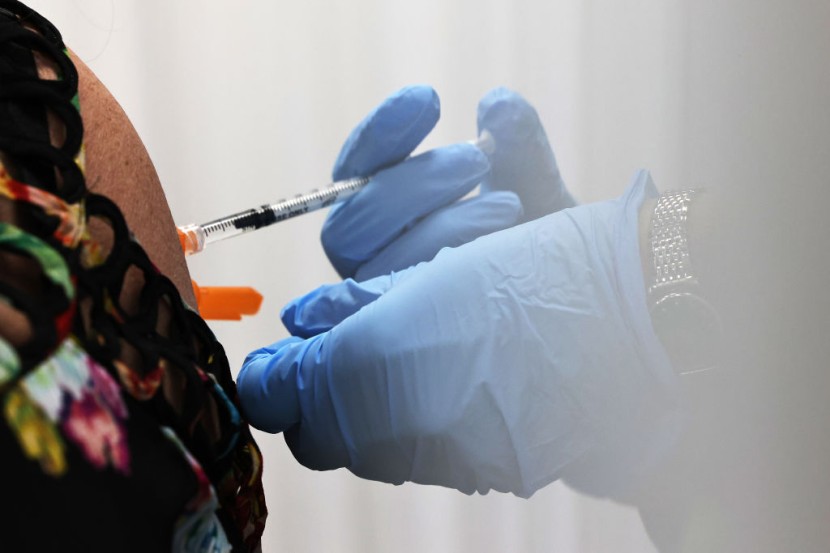The United States Centers for Disease Control and Prevention (CDC) and Food and Drug Administration (FDA) lifted the "pause" on Johnson & Johnson's COVID-19 vaccine but warned of increased risks to rare blood clots following an 11-day halt. "With these measures, administration of Johnson & Johnson's COVID-19 vaccine will resume immediately," CDC Director Dr. Rochelle Walensky said during a media briefing on Friday evening.

Johnson & Johnson's COVID-19 vaccine resumes rollout
The decision comes after a CDC advisory committee voted to support lifting the pause, but with a general warning regarding the increased likelihood of very rare but severe blood clots. With one abstention due to a conflict of interest, the vote was 10 to 4.
The FDA's Dr. Peter Marks said Friday that the warnings have already been planned and accepted in expectation of the vaccinations resuming. "Those are automatically eligible for use."
Dr. Henry Bernstein, a professor of pediatrics at the Zucker School of Medicine at Hofstra/Northwell in New York, said, "Today's presentations and interviews have persuaded me that removing the pause on Johnson & Johnson COVID-19 vaccine is in the overall public health interest of the United States population." After receiving six warnings of harmful blood clots in the brain among the more than 7 million people who had received the Johnson & Johnson vaccine, the CDC and FDA advised the pause on April 13.
Simple Oral Hygiene Can Help Save Lives as Researchers Find Links Between COVID-19, Gum Disease
The Advisory Committee on Immunization Practices of the CDC convened a day later to review the relevant evidence on the cases and decide how to proceed, as per the NBC News via MSN. However, the committee later acknowledged that it did not have enough evidence to determine at the time and would meet again this week.
Since then, new evidence has emerged, including news of nine more confirmed cases, bringing the total number of confirmed cases to 15, according to Dr. Tom Shimabukuro, a member of the CDC's COVID-19 Vaccine Task Force, who spoke at the meeting on Friday. He also stated that a few other potential cases are being investigated.
Does COVID-19 Vaccine Change Menstrual Cycle? Here Are What To Know
Johnson & Johnson vaccine previously recorded rare blood clots
Three patients died due to the confirmed cases, while seven more are now in the hospital. Many of the cases were in women, and all but two were between 18 and 49. Seven of the cases were in women in their 30s, and they occurred at a rate of 11.8 per million Johnson & Johnson vaccine doses administered.
According to a federal health official, vaccinations will restart until the CDC director confirms the panel's guidelines and the FDA releases an amendment to the vaccine's emergency use permit. The CDC told its council of advisors on Friday that three patients died from blood clot disorder after receiving Johnson & Johnson COVID-19 vaccine, out of a total of 16 cases of women in the United States.
Seven people are now in the hospital, although five others have been released. The majority of the participants were under the age of 50. Since taking the shot in Johnson & Johnson's clinical trials, one man developed the same symptoms, CBS News reported.
On April 13, health officials halted the rollout of the Johnson & Johnson COVID-19 vaccine after six cases of thrombosis with thrombocytopenia syndrome were confirmed (TTS). Out of an abundance of caution, the FDA advised a pause and eventual safety analysis at the time. According to the FDA and CDC, symptoms of blood clots occurred between six and 15 days after vaccination.
"At this time, the available evidence shows that the likelihood of TTS happening is very limited," the FDA and CDC said in a press release. "However, the FDA and CDC will remain cautious in continuing to examine this risk."
Earlier this week, European authorities made a similar announcement, allowing the Johnson & Johnson COVID-19 vaccine to resume its rollout, as per Fox News.
COVID-19 Vaccine: Studies Find Pfizer, Moderna Safe for Pregnant Women, Says CDC








